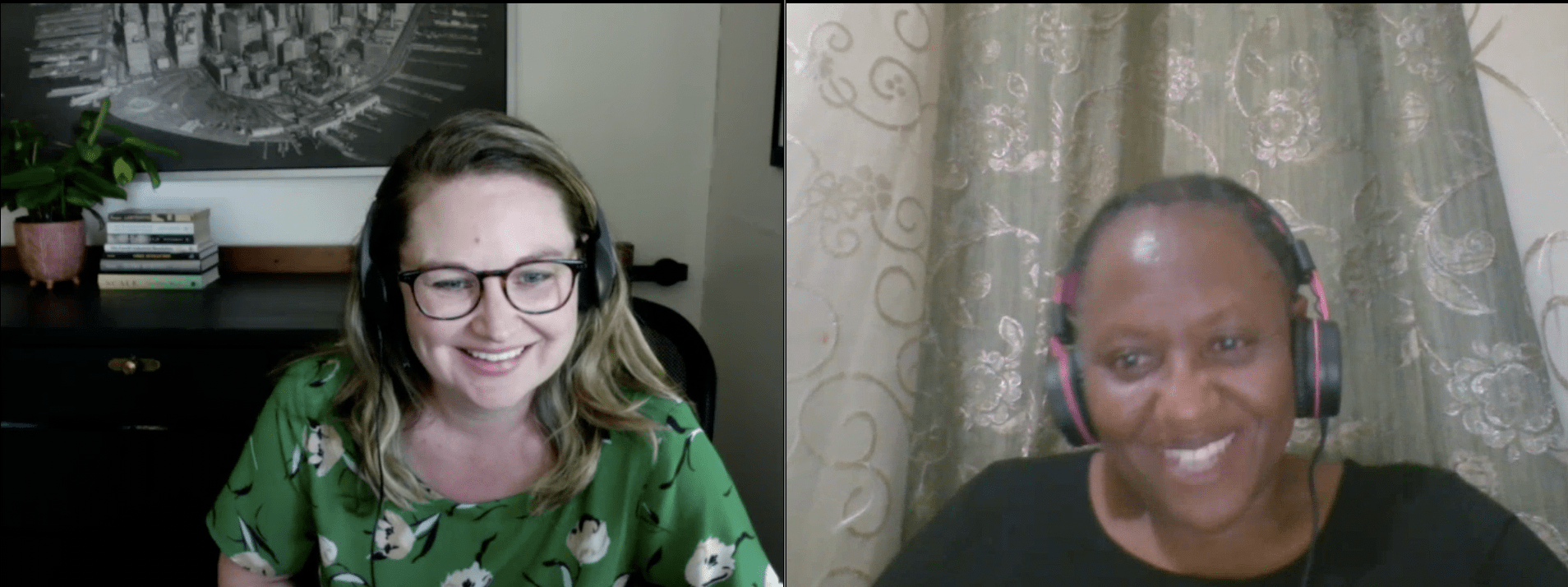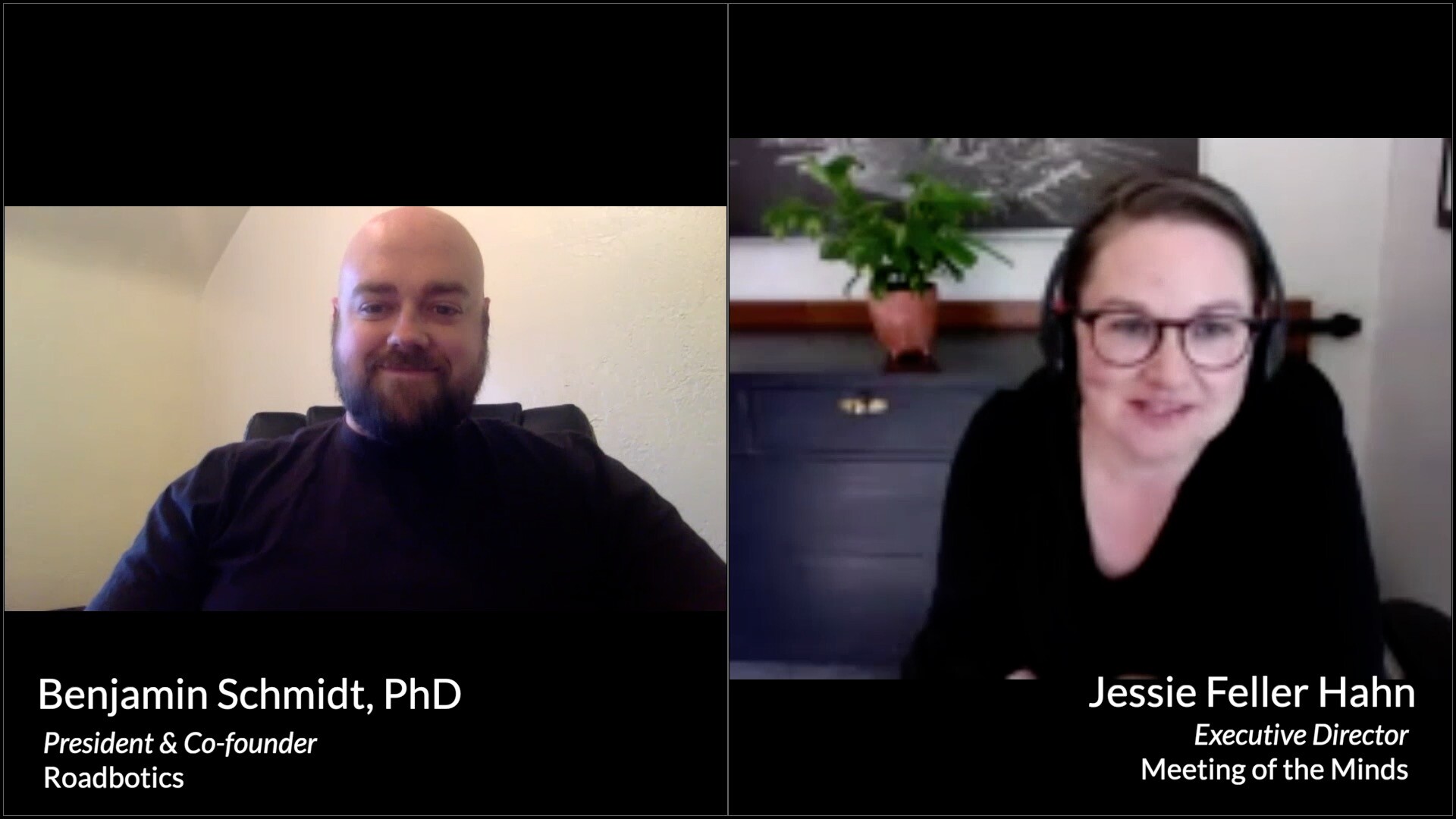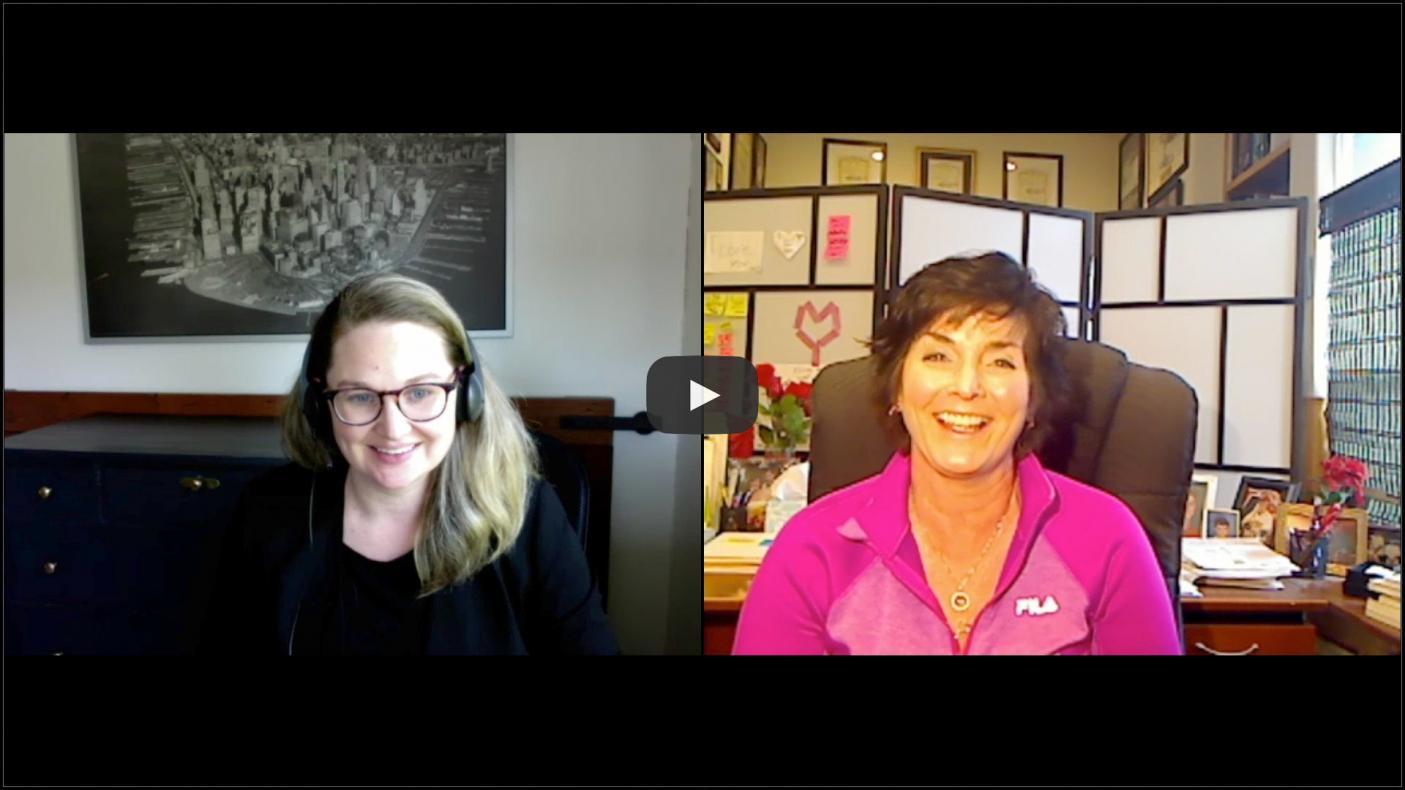Thought Leader Interview
The Future of Work: After the Virus
My take-aways from this interview:
- The world swapped commercial real estate for residential real estate overnight, and as Robert says, our homes are now our castles. The ripple effects this will bring to the workplace and the real estate economy will be far spread and difficult to unwind once the pandemic is resolved. This is a pivotal moment for digital connectivity – Robert calls it the “big bang moment for online.”
- Among the many problems commercial real estate has right now – elevators are definitely one of them. Robert describes this is ways I hadn’t thought of, and I don’t look forward to.
- Business travel will lose its cool – which could be a net benefit for climate change, but will require business development teams and convening organizations (ahem…like ours…ahem) to recalibrate our business models and not just for the short term.
Dynamic street management, city airspace, and capturing the value of municipal infrastructure
I spoke last week with Hugh Martin, Chairman & CEO at Lacuna Technologies. My three key take-aways from this 8-min video:
- The hand-wringing over whether streets temporarily closed to vehicle traffic during COVID-19 should be permanently closed or not is unnecessary. Technology could allow us to dynamically manage our streets in the way Hugh describes.
- Before we take the next step with drone delivery, cities and the FAA need to come to a conclusion on who controls, and in what manner, the airspace above cities.
- Private mobility operators are benefitting (sometimes even with profit!) by the free use of public infrastructure assets like streets (and, one day, air). These assets are built and maintained with tax dollars, but if they are ending up on the assets ledger of private companies, it stands to reason that cities could conceivably capture some of that value for their own revenues. If we can figure out #1 and #2, then we could figure out #3.
“With or without the pandemic, children’s safety should be a priority.” – Dr. Anne Kamau
Kenya consistently ranks among the countries with the highest traffic fatalities in the world – #18, according to the World Health Organization, and some estimates put it even higher. One of the most alarming statistics is that 1 in 10 traffic fatalities in Kenya is a child.
I recently spoke with Dr. Anne Kamau, Research Fellow at the Institute for Development Studies at the University of Nairobi, about her research on transportation and children’s safety. Her research, funded by the Volvo Research and Education Foundations (VREF), is in collaboration with Dr. Regina Obilie Amoako-Sakyi at the University of Cape Coast in Ghana.
Unloading commercial real estate burdens, bringing supply chain components back to North America, and preserving cash
Could organizations unload 50% of their real estate burdens post-pandemic? Should essential components of supply chains be brought back to North America? And what’s the best thing companies can do in an environment like this?
I spoke late last week with Marc Mercier, a senior partner at the law firm Cassels Brock & Blackwell LLP in Toronto. Marc works across multiple business sectors, including public and private finance, and his work gives him special insights into the rapidly changing economic crisis that governments and companies are dealing with right now. His thoughts on business continuity and supply chains is particularly prescient for this moment in history.
What New Trends Are You Seeing In AI and Cities Because of COVID-19?
I spoke yesterday with Benjamin Schmidt, PhD, an AI expert and President of Roadbotics, a company that uses AI to help cities monitor and manage their road infrastructure. I asked him about what he’s seeing in the AI community right now, how AI might be able to help cities through this crisis, and what kind of timelines he’s expecting for these changes.
How many people in your city have symptoms and where are they?
“What we’re trying to do is help cities get a very clear perspective of how many people in their jurisdiction have what symptoms, and where they are. And we feel like if we can do that effectively, efficiently, rapidly and inexpensively, cities are in a much better position to deploy their resources appropriately.” – Kitty Kolding, CEO, Chrysalis Partners
With testing availability still limited throughout the country, cities, counties, and states need to find innovative ways to survey their citizens to better understand the spread of COVID-19 in their communities. Kitty Kolding’s company, Chrysalis Partners, has developed a new data collection tool called the Covid-19 Symptom Collector, which is designed to fill this gap. This interview was recorded on April 13, 2020.






